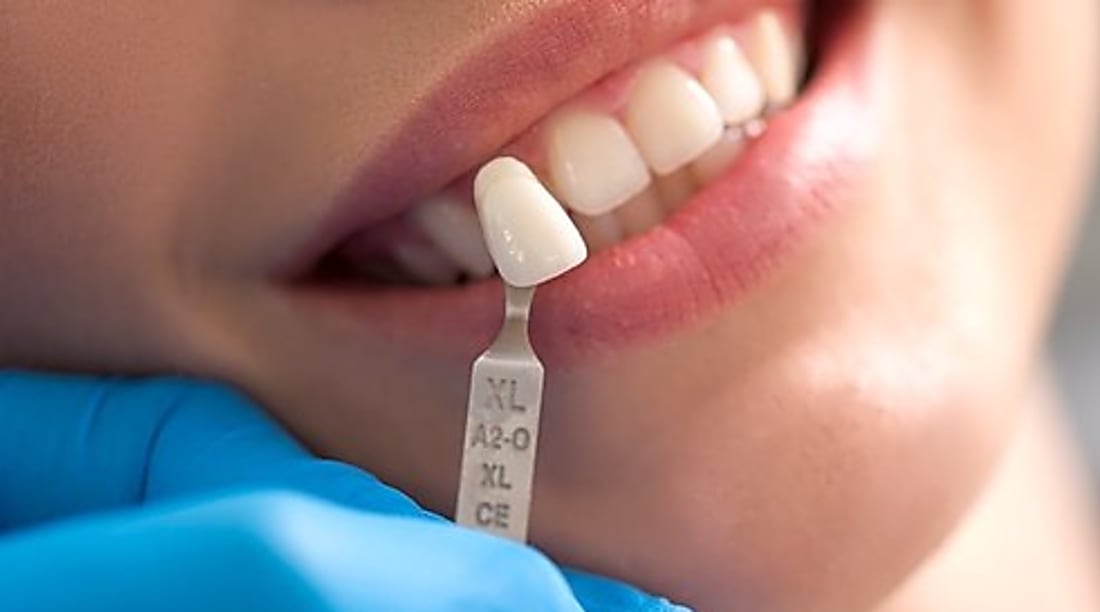Understanding Dental Implants: Types, Procedures, and Benefits
Dental implants have revolutionized modern dentistry by providing a permanent solution for missing teeth. These titanium posts are surgically placed into the jawbone, creating a stable foundation for replacement teeth that look, feel, and function like natural teeth. With various types available and high success rates, dental implants offer patients a long-term investment in their oral health and quality of life.

Modern dentistry offers several innovative solutions for tooth replacement, with dental implants standing out as the most durable and natural-looking option available. Unlike dentures or bridges, implants integrate directly with your jawbone, providing unmatched stability and preserving facial structure over time.
What Are Implay Implants and Their Advantages
Implay implants represent a specific brand of dental implants designed with advanced surface technology to promote faster osseointegration. These implants feature a specially treated surface that encourages bone growth around the implant, reducing healing time and improving long-term stability. The unique design characteristics of Implay implants make them suitable for various clinical situations, including cases where bone density might be a concern. Their proven track record in clinical studies demonstrates excellent success rates, making them a reliable choice for both patients and dental professionals.
Understanding Angled Implants for Complex Cases
Angled implants offer a solution when traditional straight implants cannot be placed due to anatomical limitations or insufficient bone structure. These implants are strategically positioned at specific angles to maximize contact with available bone while avoiding critical structures like nerves and sinuses. The angled approach allows dentists to place implants in areas where bone grafting might otherwise be necessary, reducing treatment time and complexity. This technique is particularly beneficial for patients with significant bone loss in the posterior regions of the mouth, where traditional implant placement might be challenging.
Basal Implants: An Alternative Approach
Basal implants utilize the dense cortical bone found in the basal area of the jawbone, rather than relying solely on the softer alveolar bone used in conventional implants. This approach allows for immediate loading in many cases, meaning patients can receive their replacement teeth on the same day as implant placement. Basal implants are particularly useful for patients with severe bone loss who might not be candidates for traditional implants without extensive bone grafting procedures. The technique requires specialized training and expertise, making it essential to choose an experienced practitioner familiar with this advanced implant method.
The Role of 10 Mm Dental Implants in Treatment Planning
10 mm dental implants represent a standard length commonly used in many clinical situations. The length of an implant is crucial for achieving adequate stability and long-term success, with 10 mm implants providing sufficient anchorage in most areas of the mouth where adequate bone height is available. These implants are particularly suitable for replacing single teeth or supporting fixed bridges in areas with normal bone dimensions. The selection of implant length depends on various factors including bone quality, bone quantity, and the specific location in the mouth where the implant will be placed.
Cost Considerations and Treatment Investment
Dental implant treatment represents a significant investment in oral health, with costs varying based on complexity, location, and specific requirements. Single implant procedures typically range from $3,000 to $6,000 in Australia, while full mouth reconstructions can cost between $20,000 and $50,000. Factors affecting pricing include the need for bone grafting, the type of implant system used, and the complexity of the restoration required.
| Treatment Type | Average Cost Range (AUD) | Healing Time |
|---|---|---|
| Single Implant | $3,000 - $6,000 | 3-6 months |
| Multiple Implants | $8,000 - $15,000 | 3-6 months |
| Full Mouth Reconstruction | $20,000 - $50,000 | 6-12 months |
| Bone Grafting (additional) | $1,500 - $4,000 | 4-8 months |
Prices, rates, or cost estimates mentioned in this article are based on the latest available information but may change over time. Independent research is advised before making financial decisions.
Long-term Benefits and Success Rates
Dental implants boast impressive success rates exceeding 95% when properly planned and maintained. The long-term benefits extend beyond mere tooth replacement, including preservation of jawbone structure, maintenance of facial support, and restoration of full chewing function. Unlike removable dentures, implants eliminate concerns about slipping or clicking, allowing patients to eat, speak, and smile with confidence. With proper oral hygiene and regular dental visits, dental implants can last a lifetime, making them a cost-effective solution despite the initial investment.
The journey to restored oral health through dental implants requires careful planning, skilled execution, and patient commitment to maintenance. By understanding the various implant options available and working with qualified professionals, patients can achieve optimal outcomes that significantly improve their quality of life and oral health for years to come.




